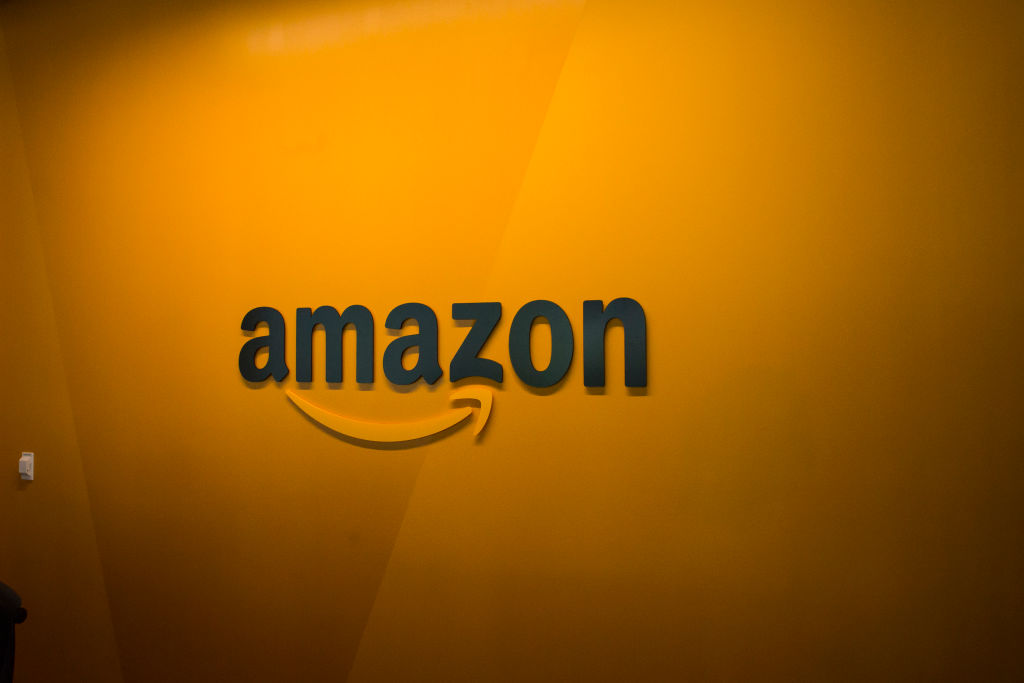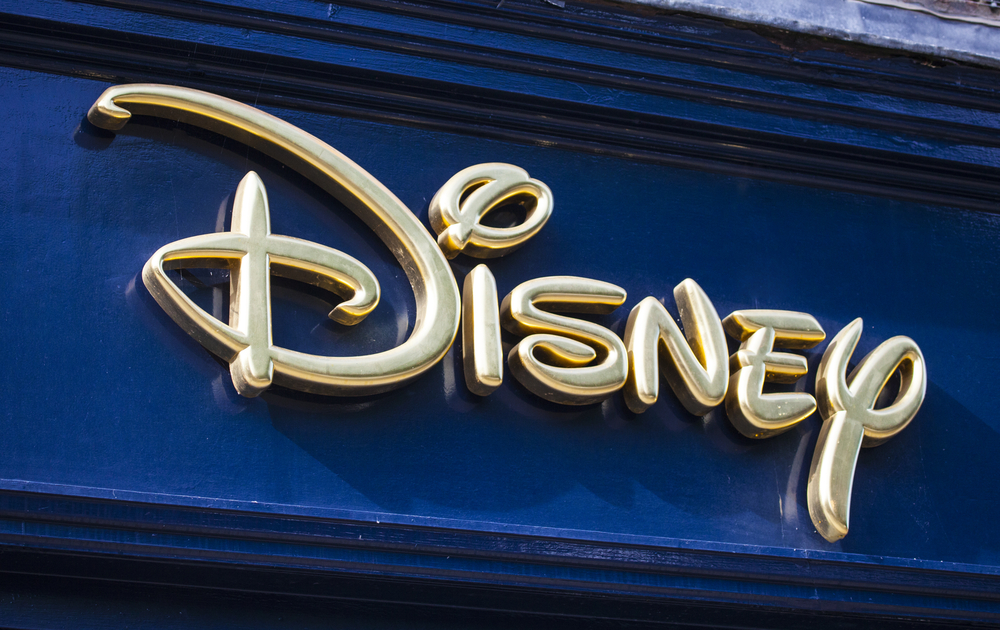Peter Csathy
More posts from Peter Csathy
Last week, Disney rocked the media world when it officially – and inevitably — threw its mouse ears into the direct-to-consumer over the top video ring with separate forthcoming streaming video on demand (SVOD) services for Disney and ESPN television and movies.
At the same time, Disney announced that it would no longer license its prized content to global SVOD behemoth Netflix. With this 1-2 gut punch, Disney looked straight into Netflix’s eyes and pronounced, “Game On!” So, how worried should Netflix and its investors be?
In a word, “Very.”
Here are a few reasons why.
Disney is supremely motivated to “win.”
In the past several months, Disney had wanted to buy – not fight — Netflix to become an instant global SVOD juggernaut (I wrote about that previously in TechCrunch). But Netflix apparently had too high of an opinion of itself (in the eyes of Disney, at least). Disney doesn’t like to lose. So, now the gloves are off.
But, more fundamentally, Disney had no choice but to make a massive move to prioritize digital OTT platforms by either buying or competing with Netflix, given the cut-the-cord bleeding of traditional cable and satellite television packages that historically have been Disney’s cash cow. ESPN’s downward slide in traditional pay TV packages has been well publicized, but the Disney Channel is right there too.
SVOD is Disney’s newly-minted plan to make up for this lost ground, and you can bet that CEO Bob Iger will ignite all of the his multiple businesses, platforms and channels to promote Disney’s new cause celebre to consumers.
Scary indeed.

Disney knows that “content is king” like never before, and is now using its content might as a weapon to win.
Amidst the massive tectonic (tech-tonic?) entertainment shift to OTT video viewing and the global SVOD land grab, exclusive content is the great differentiator. That’s why each massive player is trying to capture our hearts and minds (and most importantly, our eyes) with high-priced, high-profile exclusive original television and movies (“Originals”). Well, guess what, Disney already owns the rights to the most valuable brand, franchises, content and characters in the world.
Due to massively astute strategic moves over the past decade plus, ESPN and Disney princesses now share the stage with the Marvel, Star Wars and Pixar holy trinity. So, why give industry-leading Netflix the keys to its content castle when Disney can deliver that magic kingdom directly to consumers itself?
Exactly — and Disney isn’t. Not anymore.
Make no mistake, that hurts Netflix. Disney-esque kids-focused programming is increasingly strategic to Netflix, since about half of Netflix’s subscribers regularly watch kids-focused programming (and that content is frequently and uniquely “evergreen,” which means it never gets old).

Disney is just the latest in a long and growing list of far better resourced industry behemoths hell-bent on taking Netflix down.
That list now includes AT&T’s DirecTV Now, Amazon Video, YouTube TV, Apple — and soon will include upcoming services from Verizon and Comcast. None of these giants (including Disney) are “Netflix Killers” on their own. But, together, this cabal may result in “death by 1,000 cuts.” Netflix is too big to fail, of course.
But, that doesn’t mean it can survive as an independent long-term. Disney, after all, has a market cap of about $160 billion compared to Netflix’s relatively paltry $75 billion. So, Disney – like all the other behemoths — certainly has deeper coffers with which to compete.
Even more significantly, Disney and the others bask in the glow of a holistic, multi-faceted business model. In Disney’s case, it can monetize multiple divisions with multiple product lines and revenue streams (movies, television, theme parks, merchandising, licensing), all on a global scale. Netflix can’t. Its business model is one-dimensional. Netflix’s very existence is justified by subscriptions alone.
Disney’s SVOD services, on the other hand, just need to play their parts in an overall smooth-running Disney machine. That gives Disney (and the other mega-competitors like it) tremendous freedom that Netflix doesn’t have, especially as budgets for Originals continue to skyrocket amidst this massive competition.

Netflix spent a whopping $6 billion this year alone on its Originals and just secured a $500 million line of credit to fund even more (after securing nearly $1.5 billion more in notes just a few months earlier). I have long been bearish on Netflix due to its singularly challenged business model, and Disney’s call to arms certainly doesn’t help.
Naysayers no doubt will challenge the notion that Netflix, with its global brand and massive head start, faces any real existential crisis from Mickey and his fellow cast of giant OTT characters. After all, all of us reading this article undoubtedly count ourselves as being part of the Netflix faithful. Would any of us ever really leave?
Well, chew on this. Each of these three meta-forces is a massive new threat, the likes of which Netflix has never seen before.
First, the onslaught by Disney and the burgeoning list of other major players – all of which can afford to play the long game — now offer real choice to consumers for the first time. Take Amazon for example.
Amazon Video is reported to be gaining ground on Netflix in Europe, out-performing Netflix in Germany only a few months after its launch. That study also found that average viewing of Netflix programs in Europe was down significantly year-over-year, whereas Amazon’s was way up.

So perhaps in increasingly critical international markets where the Netflix brand is not so deeply entrenched, neither is viewer uptick or loyalty in the face of compelling alternatives. Even in the U.S., consumers face no real “switching costs” in an OTT world. If they lose interest in Netflix Originals or simply prefer those of Amazon or others, all they need to do is cancel their monthly subscriptions.
Yes, many will pay for more than one. But, U.S. market penetration already exceeds 50% of U.S. households. Not much margin of error here.
That leads to the second disruptive factor of ever-escalating herculean budgets for Originals in order to both acquire and retain customers. Amazon, with its more ironclad checkbook, spent $4.5 billion on Originals this year, closing in on Netflix’s $6 billion in that regard.
Ultimately, Netflix’s foes can out-spend the reigning champ – or undercut its pricing — if they choose to do so. Can Netflix even afford to maintain, let alone drop, its pricing long-term?
Finally, Disney’s internationally beloved franchises, characters, and overall brand – all, if nothing less, marketing goldmines to attract new users — are now apparently out of Netflix’s reach forever.
It’s not too much of a stretch to assume that Time Warner’s movies and television will follow suit if DirecTV Now’s AT&T closes that $85 billion mega-deal.
Together, these amount to a perfect-storm that inevitably will stunt Netflx’s growth and depress its shares. Maybe not overnight, or even next year. But, ultimately Netflix will not be able to go it alone.
Disney can.
Now, for Disney and its OTT ambitions, the pivotal question becomes whether it hires the right talent with the right digital-first DNA and gives them the freedom and flexibility to pull it off.
































Comment